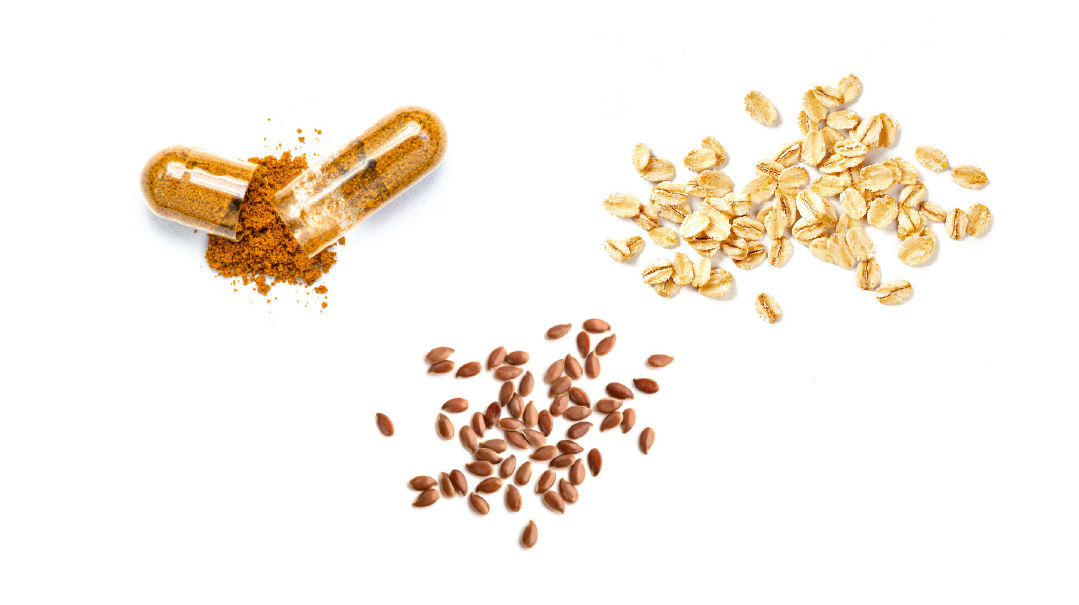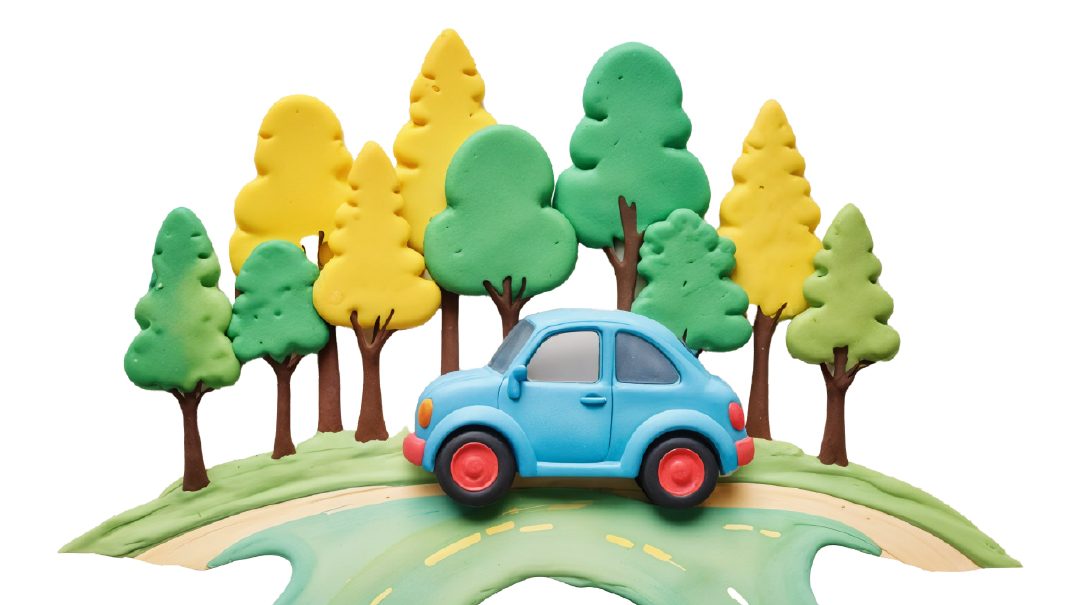Patch of Grief


Pride nachas nervous anticipation. A child really dressed — and feeling! — like a man in his suit starched shirt shiny shoes and impeccable new hat. Adults fuss over him; nervous giggles from his sisters as they wish him hatzlachah on the leining; his mother’s tears shine through her smile as she kisses his head.
My eldest brother the oldest grandson on both sides of the family was born on Tishah B’Av. Thirteen years later the 9th of Av fell out on a Shabbos with the fast pushed off to the following day Sunday.
That Shabbos Shabbos Chazon the whole family gathered for the first bar mitzvah. This was a big event for both sides of the family and as my mother’s parents had only daughters this bar mitzvah was truly a milestone. Long-lost cousins were hosted for Shabbos so they could join the festivities and the entire town it seemed had come out in droves to be part of the rav’s simchah.
And then at the dramatic moment that the bochur habar mitzvah was called up for his aliyah my grandmother — a strong stalwart woman whose coping skills granted her and her family a life of normalcy and dependability — broke down.
We understood.
Tishah B’Av is also the yahrtzeit of both her parents. On Tishah B’Av they were sent — in the biggest deportation from the Warsaw Ghetto — to the gas chambers of Treblinka. For many Warsaw survivors Tishah B’Av is not a day on which they struggle to connect to our national tragedy but a day when they viscerally experienced death and calamity. This was also the date my grandmother was told to mark the yahrtzeit of her beloved brother and the rest of her extended family who did not survive the war.
Tishah B’Av is not only the day of our family’s destruction but the day the entire Jewish People keeps yahrtzeit for the departed Shechinah. And so it was that immediately following a festive Shalosh Seudos and inspiring Havdalah the entire extended family who had gathered for Shabbos removed their shoes sat down on the floor and listened as the bar mitzvah boy leined Megillas Eichah; lamenting the loss of the Shechinah our Home our People — and the great-grandfather for whom he was named all in one.
At my sister’s sheva brachos six years later aside from the classic “Unzer chosson unzere kallah…” speeches and hilarious grammen there were the deeply touching speeches about netzach Yisrael and tributes to our great-grandparents and their lost children. One guest leaned over to me. “Why does your family ruin every simchah by dredging up the past?” he asked. “Why do you insist on making every celebration into a Holocaust memorial?”
Oops! We could not locate your form.







